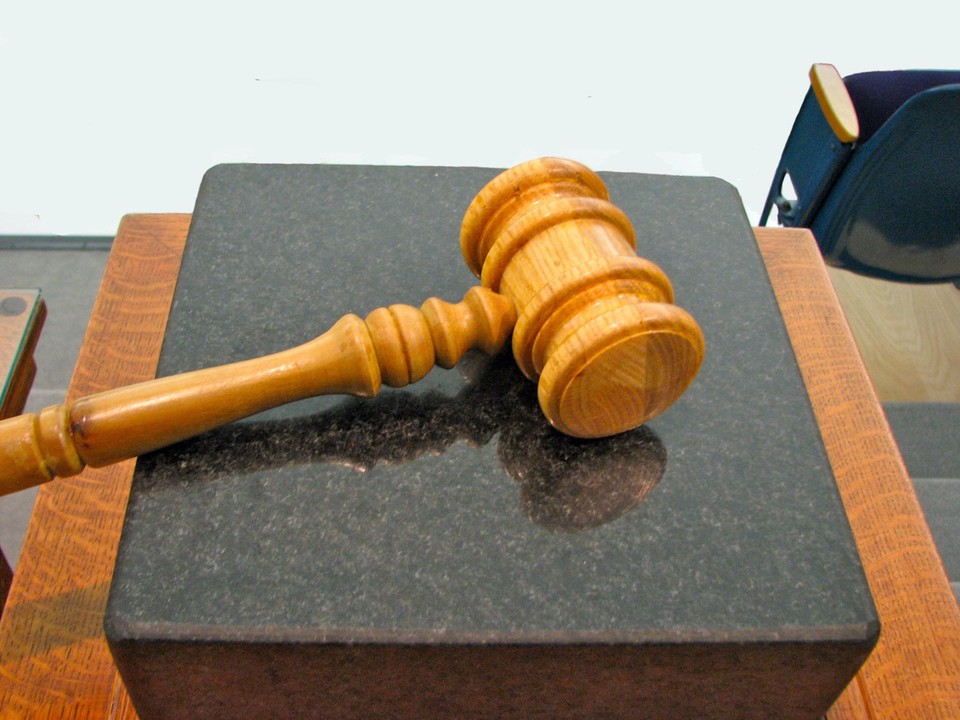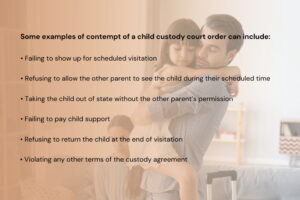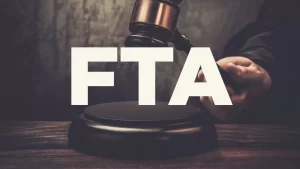what does sustained mean in court?
Legal proceedings can be complex and daunting, especially for individuals who are not familiar with legal terminology. One such term that often arises in courtrooms is “sustained.” Understanding what “sustained” means in a legal context is crucial for anyone involved in or witnessing a court case. In this article, we will delve into the definition of “sustained” and its significance during court proceedings.
Understanding Legal Terminology
Before we explore the specific meaning of “sustained,” it is essential to grasp the importance of legal terminology. Legal professionals, including judges, attorneys, and court reporters, rely on precise language to ensure clarity and accuracy in the courtroom. Each word holds weight and can have a significant impact on the outcome of a case.
Defining “Sustained” in a Legal Context
In a courtroom setting, “sustained” is an adjective used to describe the ruling a judge makes in response to an objection raised during trial proceedings. When an attorney objects to a question or a piece of evidence presented by the opposing counsel, they are essentially bringing attention to an issue that they believe goes against the rules of evidence or courtroom procedure.
The Role of a Judge in Court Proceedings
To understand the concept of “sustained” fully, it is vital to recognize the central role of a judge during court proceedings. A judge presides over the trial, ensuring that it is conducted fairly and in accordance with the law. When objections are raised, it is the judge’s responsibility to rule on their validity.
How Objections Are Handled in Court
Making an Objection
When an attorney wishes to object to a question or evidence, they must do so promptly after the opposing counsel presents it. This objection serves as a formal protest, signaling that they believe the presented material should not be considered for a particular reason.
The Ruling on an Objection
Upon receiving an objection, the judge will evaluate its merits based on legal principles and precedents. They will then make a ruling, either “sustaining” the objection or “overruling” it.
Common Grounds for Objections
Objections can be raised for various reasons, including hearsay, leading questions, relevance, and speculation. The judge will consider the context and circumstances of the case before making a decision.
The Implications of a Sustained Objection
Striking Testimony from the Record
When a judge sustains an objection to a question posed to a witness, it means that the witness cannot answer that specific question. The attorney who asked the question may need to rephrase it to comply with the judge’s ruling.
Disallowing Evidence
In cases where an objection is sustained regarding the admissibility of evidence, that evidence will not be considered by the jury when making their decision. This could significantly impact the strength of one party’s case.
When “Sustained” Works in Favor of the Opposing Party
A sustained objection can be beneficial to the opposing party as it prevents harmful or irrelevant information from being introduced as evidence. For instance, if the opposing counsel attempts to introduce illegally obtained evidence, a sustained objection would exclude it from consideration.
The Difference Between “Sustained” and “Overruled”
It is important to differentiate between “sustained” and “overruled.” While “sustained” means the judge agrees with the objection, “overruled” signifies that the objection is rejected, and the questioned evidence or question can proceed.
Ensuring Proper Courtroom Etiquette
For legal professionals, proper courtroom etiquette is vital to maintain professionalism and respect for the judicial process. This includes addressing the judge as “Your Honor,” refraining from interrupting others, and conducting oneself with decorum.
Conclusion
In conclusion, the term “sustained” in a legal context refers to a judge’s ruling in favor of an objection raised during court proceedings. When an objection is sustained, the questioned evidence or question is excluded from consideration, potentially impacting the outcome of the case. Understanding legal terminology, such as “sustained,” is essential for all those involved in the legal system to navigate court proceedings knowledgeably and effectively.
Frequently Asked Questions (FAQs)
What happens after an objection is sustained?
When an objection is sustained, the attorney who raised the objection may follow up with a different line of questioning, rephrase the question, or present different evidence that complies with the judge’s ruling.
Can sustained objections be appealed?
In most cases, sustained objections cannot be directly appealed. However, if a sustained objection significantly impacts the outcome of the case, it may become part of the grounds for an appeal against the final verdict.
How can attorneys prepare for potential objections?
Attorneys can prepare for potential objections by thoroughly researching relevant case law and evidence. Anticipating possible objections allows them to structure their questions and arguments more effectively.
Are there instances where judges may change a sustained objection to overruled?
Yes, judges have the discretion to reconsider their ruling on an objection. If new information or argumentation is presented, a judge may change a sustained objection to overruled.
Can a sustained objection lead to a mistrial?
While sustained objections can impact the trial’s dynamics, they do not automatically lead to a mistrial. A mistrial is usually declared for more substantial reasons, such as jury misconduct or prejudicial errors.








